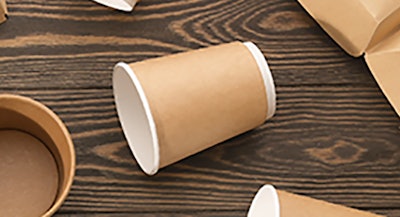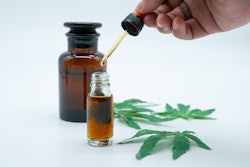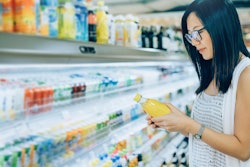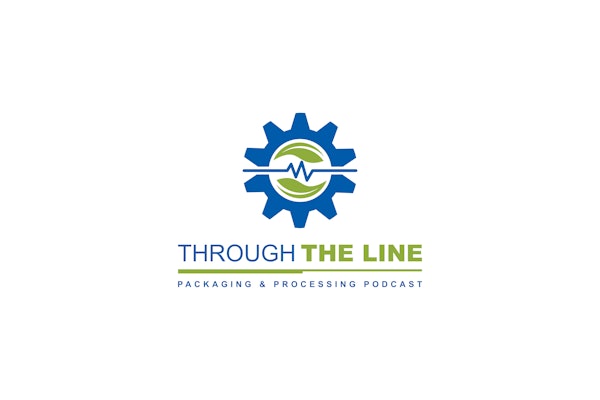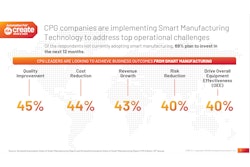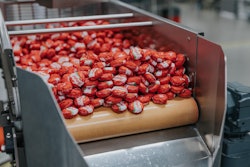According to Sustainable Foodservice Packaging to 2024: A State-of-the-Art Report from Smithers, with upgraded convenience, consumers are increasingly demanding environmentally friendly solutions that do not depend on petroleum, and many manufacturers, converters and suppliers to the packaging industry are heading this demand.
Smithers estimates that the global foodservice market exceeds $31.4 billion and that it is growing at an annual rate of 5.3%. A considerable portion of growth in this market will be in bioplastics used in packaging. Smithers estimates the global market for bioplastics in packaging as $3.3 billion in 2017, reaching almost $7.2 billion by 2022.
Government Regulations
Governments worldwide are imposing strict regulations on a range of product categories, especially single-use consumer products. These regulations are designed to reduce reliance on petroleum-derived
materials, to lower greenhouse gas emissions and to provide a public policy framework that supports the ideas and practices of a circular economy, in which energy and materials are optimized for the public good and the good of the environment. As a result, companies are increasingly viewing sustainability as a core component of a new business model that supports a circular economy.
Market Segment Trends
High-performance corrugated packaging is the top-rated sustainable foodservice packaging technology, experiencing strong demand as brand owners look to displace plastic with more environmentally sustainable packaging platforms. Ready-to-go food delivery, particularly designs for maintaining thermal insulation for home delivery, will expand with e-commerce use.
End-Use Trends
Single-use paper cups could be a model for how the industry is responding to calls for enhancing
its commitment to sustainability. Single-use paper coffee cups have become the focus of debate and scrutiny because their polyethylene lining is not compostable. As a result, paper cups were generally not recycled and ended up in either landfills or incinerated. Companies are currently invested in developing a global recyclable or compostable solution, with Starbucks already testing compostable coffee cups.
For more information about this report, please visit https://www.smithers.com/services/market-reports/packaging/sustainable-foodservice-packaging-to-2024-a-state.
